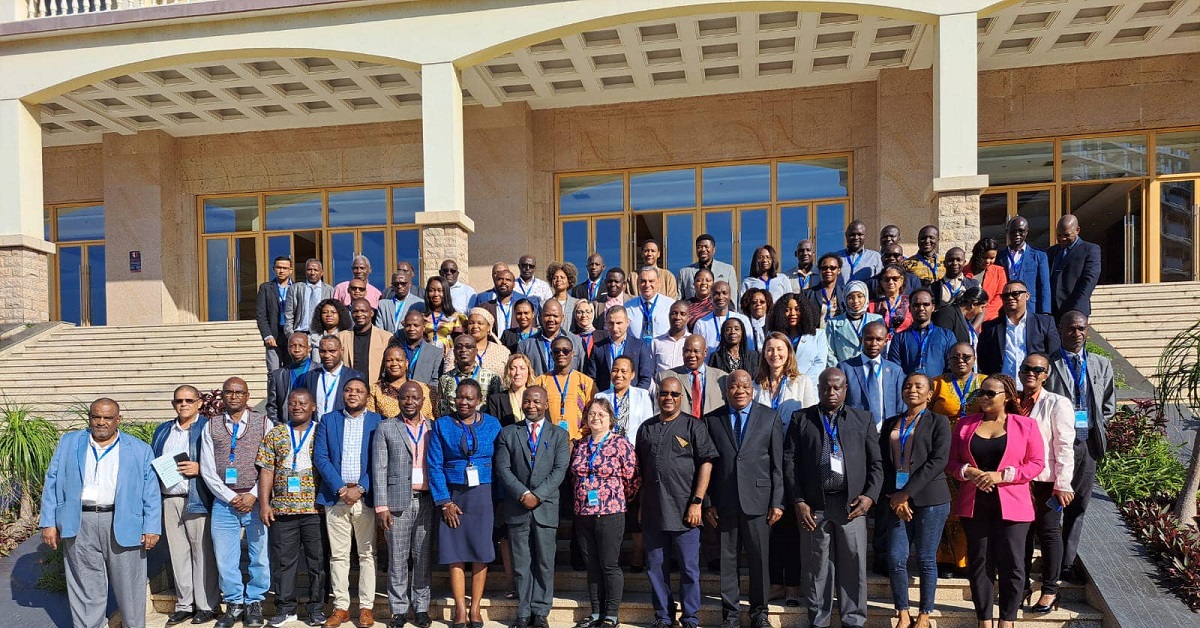The Environmental Protection Agency (EPA) Sierra Leone has participated in the 2024 Anglophone regional network meeting for national ozone officers and a twinning workshop for Montreal Protocol Officers, Energy-Efficiency Policymakers, and Financial Mechanisms Focal Points in the Anglophone Africa Network in Maputo, Mozambique.
Representing the chairperson of EPA was the Principal Ozone Officer, Bashiru KArgbo and the Director of Programme Development and Performance, Lovetta Juanah as the Global Environment facility national designated authority for Sierra Leone, which is one of the multilateral funding mechanisms that Ozone Officials can tap into for additional funding.
It was reported that the meeting was focused on the regional network gathering for National Ozone Officers from English-speaking countries involved in the OzonAction Compliance Assistance Programme of the UN Environment Programme, hosted by the Ministry of Land and Environment of Mozambique .
The objectives were geared towards the implementation of the Montreal Protocol on Substances that Deplete the Ozone Layer, including its Kigali Amendment, and the phase-out of hydrochlorofluorocarbons (HCFCs), citing Article 5, which requires countries to reduce their consumption and production of HCFCs to 67.5% of their baselines by January 1, 2025, and the obligation under the Kigali Amendment, where most developing countries, including Africa, will freeze HFC consumption in 2024 based on 2020–2022 levels and achieve a 10 per cent reduction in 2029.
Bashiru Kargbo, principal Ozone officer, Officer who was nominated as one of the two chairpersons for the three-day meeting reported that Sierra Leone has successfully trained and certified 417 Refrigeration and air-conditioning servicing (RACs) technicians from 2017 -to date, is in the advanced stage of procuring RAC equipment for technicians, secure equipment for the establishment of 4 new centres of excellence, held specialized training for technicians on refrigerant recovery, secure funding for the enhancement of Minimum Energy Performance Standards taking into consideration RAC equipment, developed and submitted its KIPs that have been approved by the 94th Excom, and on an impressive track on phasing out HCFC used in RAC systems, submitted its A7 and CPData to the Ozone Secretariat and the Multilateral Fund Secretariat, respectively.











